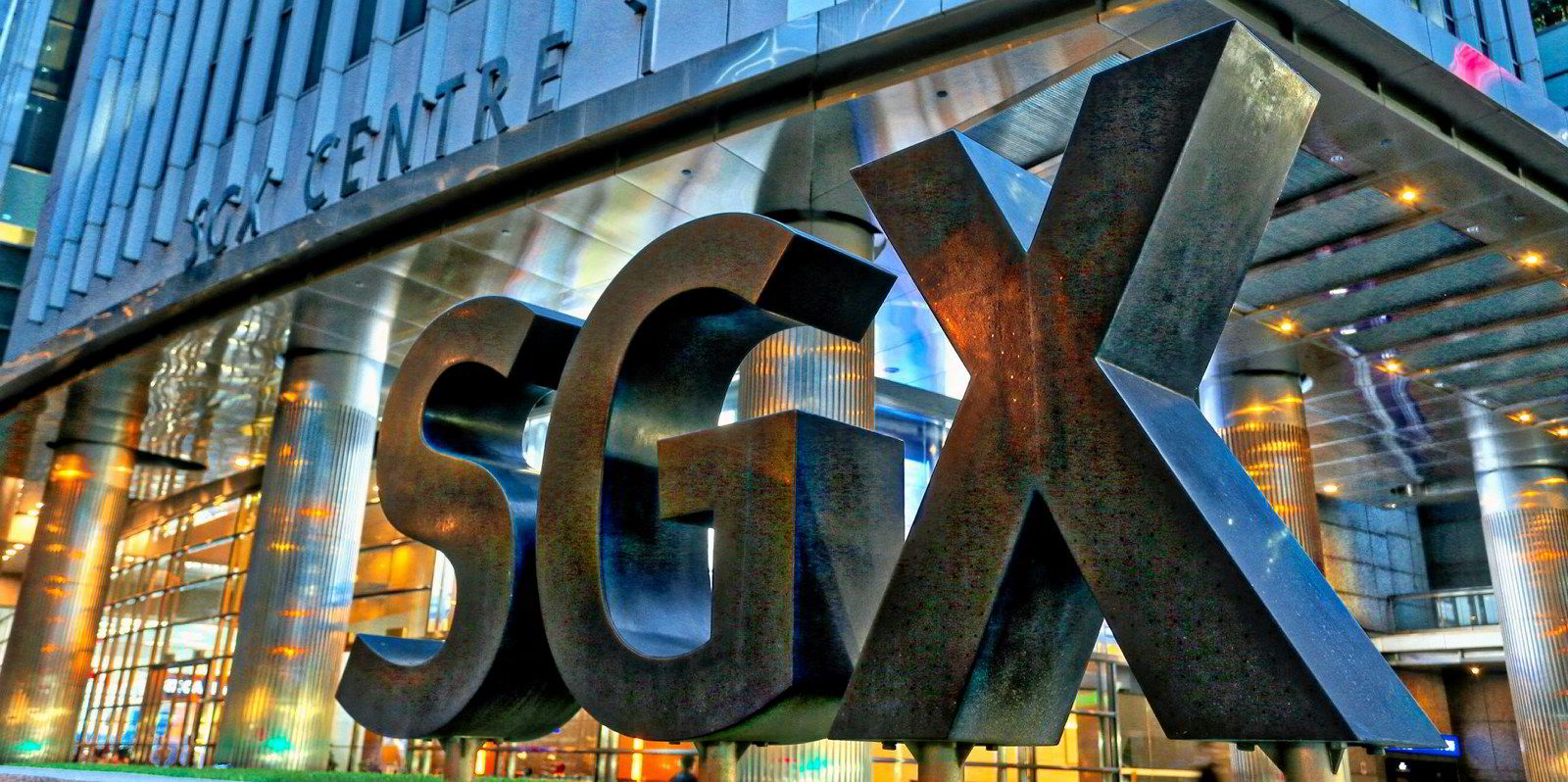Singapore’s annual general meetings (AGMs) were once a thing of legend, with investors often turning up as much for the free sumptuous buffet dinner as to grill senior management.
I fondly remember my first Cosco Corp (Singapore) AGM, where I found myself caught in the stampede of Singaporean retirees as they rushed from the meeting to fight over their “bonus” dividend of sushi, baked salmon and roast chicken at the Raffles Hotel.
Those days are pretty much confined to history. But one bad habit of Singapore’s annual company get-togethers remains — a congested AGM calendar.
As most issuers have their financial year-end in December, the peak period in which issuers schedule their AGMs is typically in the second half of April, ie, the two weeks immediately preceding the deadline in April for holding AGMs.
SGX Regulation (SGX RegCo), which oversees frontline regulatory functions on behalf of the Singapore Exchange (SGX), observed that shareholders’ ability to attend AGMs may be curtailed if they are clustered within the same period.
The SGX has some 50 maritime-related companies with a total market valuation in excess of $20bn listed on its various exchanges, including the mainboard and the sponsor-supervised listing board Catalist, which is modelled on the London Stock Exchange’s Alternative Investment Market.
Despite their small number among the SGX’s many hundreds of listed companies, maritime-related outfits are still guilty of a congested calendar.
For example, on 29 April, Indonesian liner company Samudera Shipping Line, Cosco Shipping (International) and offshore companies Atlantic Navigation and Vallianz Holdings all hold their annual meetings on the same day— and three of them at exactly the same time.
Either side of this date are AGMs for offshore support vessel owner Pacific Radiance, OSV shipbuilder Nam Cheong and shipyard group Seatrium.
Many outfits are still emerging from major restructurings in the wake of the crash in the offshore market.
Companies such as OSV owner CH Offshore, Beng Kuang Marine and Jasper Investments are on the SGX’s watchlist due to poor financial performance and face potentially being delisted.
It seems likely, therefore, that shareholders would want the opportunity to question their management, and AGMs provide a rare opportunity to do so face to face.
“AGMs serve as an important platform to enhance communication between shareholders and the issuer’s board of directors and management,” said SGX RegCo chief executive Tan Boon Gin.
“It provides an avenue for shareholders to receive updates from the board and management, vote on key matters as well as engage in direct dialogue with them. It is therefore important that shareholders can attend the AGMs of all the issuers that they hold shares in.”
The SGX finally looks to be stamping down on this clustering tactic, sometimes used by companies to reduce shareholder participation.
SGX RegCo recognises that it may not be possible to “entirely eliminate” the issue, given that about two of every three companies have a 31 December financial year-end.
“Nonetheless, arrangements can be put in place to ameliorate the situation,” said Tan.
“In this regard, clustering of AGMs by issuers with a larger shareholder base and market capitalisation, such as those that are constituents in the Straits Times Index, would have a greater impact on the ability of those holding shares in multiple issuers to attend AGMs.”
Accordingly, SGX RegCo said it will require big companies to take the lead, to ensure their annual meetings do not conflict with another large issuer.
It will maintain a calendar of AGMs of large issuers “to facilitate shareholder participation”, and large issuers will be requested to submit the proposed date and time of their upcoming meeting.
“Should there already be an AGM by another large issuer (the first issuer) scheduled on the same date and time period, and which has been earlier notified to SGX RegCo, the (second) issuer would be required to select another date or time period,” it said.
The regulator said it will give ample notice so that companies have sufficient time to ensure directors’ availability and procure venues.
It expects all “identified issuers, in particular their board chairpersons, to enable early preparations for their AGMs and work with us to address the issue of AGM clustering”.
However, SGX RegCo warned that should the clustering of large companies persist, “more prescriptive requirements may have to be put in place”.








